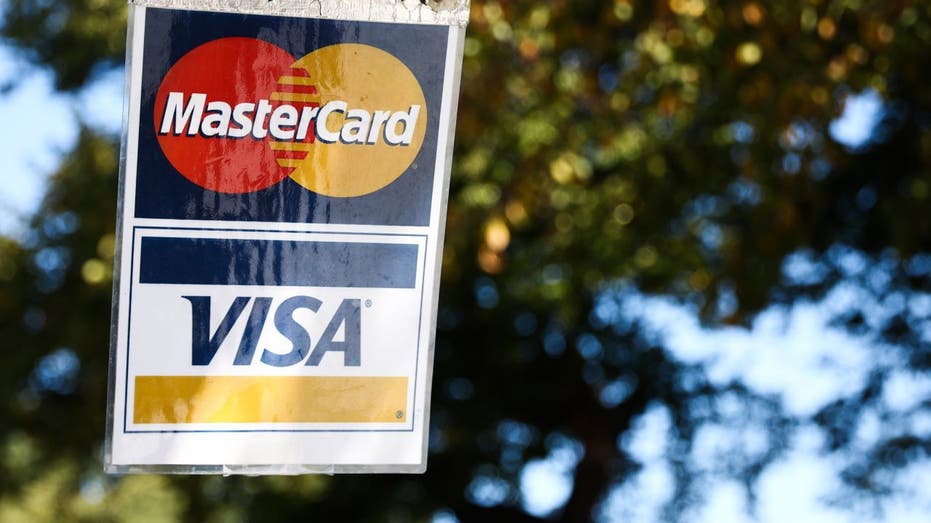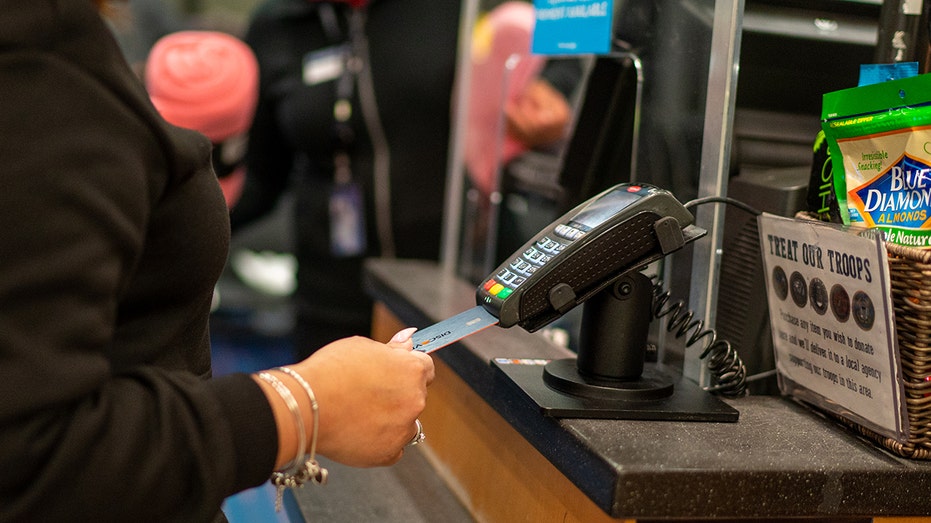Visa, Mastercard can likely handle swipe-fee settlement bigger than $30 billion: judge
Judge's remarks come after she rejected a proposed $30 billion settlement last week
‘So many strings attached’
A financial expert talks about the "severe" consequences of retail credit cards.
A federal judge said Friday that card issuers Visa and Mastercard could likely withstand a "substantially greater" settlement with merchants who argued they overpaid swipe fees than the proposed $30 billion settlement she rejected last week.
U.S. District Judge Margo Brodie of the Eastern District of New York provided that assessment in an 88-page opinion she released Friday, just three days after she rejected the preliminary $30 billion settlement.
The agreement would have lowered and capped swipe fees, also known as interchange fees, that are paid by over 12 million merchants to handle Visa and Mastercard transactions.
The judge called the estimated $6 billion in annual savings for merchants a "paltry" amount compared to the estimated $100 billion in fees they paid to Visa and Mastercard in 2023.
JUDGE REJECTS MULTIBILLION VISA, MASTERCARD SETTLEMENT IN SWIPE FEE CASE

A federal judge said Visa and Mastercard could likely withstand a larger settlement than the proposed $30 billion deal she rejected. (Jakub Porzycki/NurPhoto via Getty Images/File)
"Without evidence of Visa's and Mastercard's profitability, the court cannot say with certainty that defendants can withstand a greater judgment; however, the evidence strongly suggests that they could withstand a substantially greater judgment," Brodie wrote.
| Ticker | Security | Last | Change | Change % |
|---|---|---|---|---|
| V | VISA INC. | 314.64 | +2.83 | +0.91% |
| MA | MASTERCARD INC. | 532.17 | +3.74 | +0.71% |
The long-running antitrust litigation around swipe fees began in 2005 and could go to trial if the card issuers and merchants aren't able to agree on a new settlement that passes the judge's review.
EBAY DITCHING AMERICAN EXPRESS AS PAYMENT OPTION THIS SUMMER

The proposed settlement would have slightly reduced swipe fees for three years, capped fees for five years and allowed merchants more leeway to impose surcharges. (Robert Nickelsberg/Getty Images/File)
"While we are disappointed with the judge's decision, we continue to believe that direct resolution with merchants is the best way forward and are evaluating all options as the case proceeds," Visa told FOX Business in a statement.
"The U.S. payments ecosystem is the most advanced in the world, and our focus is on maintaining the security, innovation, rewards and access to credit that are critical to American consumers and small businesses that power our economy," Visa added.
WALMART, CAPITAL ONE END EXCLUSIVE CREDIT CARD AGREEMENT
A spokesperson for Mastercard told FOX Business that company continues to be "disappointed by and respectfully disagree with the court's ruling."
"It is surprising – and unexpected – considering that the settlement reflects significant work and arms-length negotiations overseen by an independent mediator and the court-approved plaintiffs' counsel. We believe the settlement would have provided millions of business owners substantial certainty and enormous value in how they manage their card acceptance activities," Mastercard's statement continued. "It would have also maintained core consumer protections and encouraged continued competition and innovation in the dynamic payments industry."

Visa said it still believes a direct resolution between card issuers and merchants is the best outcome despite the judge rejecting a proposed settlement. (Andrew Harrer/Bloomberg via Getty Images/File)
"Unfortunately, millions of businesses will not see these benefits and will lose the immediate potential of additional choice and certainty in how they manage their operations. We remain focused on resolving this matter. Despite this one event, we are committed to competing in this dynamic market by delivering value to everyone who pays or is paid using our products," Mastercard added.
Under the terms of the settlement rejected by the judge, card issuers would've lowered the typical 1.5% to 3.5% swipe fee by 0.04 percentage points for three years, capped fees for five years and given merchants more room to impose surcharges.
GET FOX BUSINESS ON THE GO BY CLICKING HERE
Brodie said the proposed changes fell short of the "best possible" recovery because it kept fees significantly above where they would be without the alleged antitrust violations and still "saddled" merchants with the "Honor All Cards" rule, which requires them to accept all Visa and Mastercard cards or none.
Many merchants objected to the settlement, as did some trade groups, including the National Retail Federation.
Reuters contributed to this report.

